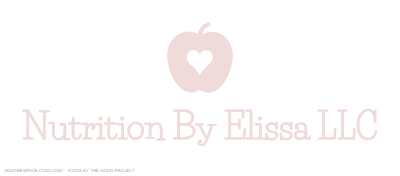Spring is finally here, and what better way to celebrate the season than with refreshing and delicious smoothies! Here are five smoothie recipes that I’m really excited to try, featuring flavors like cherry, cocoa, raspberries, strawberries, and peanut butter.
1. Cherry Cocoa Power Smoothie
Ingredients:
1 cup frozen cherries
1 tbsp unsweetened cocoa powder
1/2 banana
1/2 cup Greek yogurt
1 cup milk of your choice
1 tbsp chia seeds
1 tsp sweetener of choice (optional)
Instructions:
Blend all ingredients together until smooth.
Pour into a glass, and enjoy!
2. Strawberry Banana Peanut Butter Smoothie with Spinach
This smoothie combines fruity sweetness with the savory richness of peanut butter. The strawberries and bananas provide classic smoothie flavors, while the peanut butter gives it a creamy texture.
Ingredients:
1 cup frozen strawberries
1/2 banana
1 tbsp peanut butter
1/2 cup spinach
1 cup milk of your choice
1 tbsp flax seeds (optional)
Instructions:
Blend all ingredients together until smooth.
Pour into a glass, and enjoy the creamy, protein-packed smoothie with a pop of green goodness!
3. Raspberry Cashew Smoothie
This creamy and satisfying raspberry cashew smoothie combines the tangy sweetness of raspberries with the rich, nutty flavor of cashews.
Ingredients:
1 cup fresh or frozen raspberries
1/4 cup cashews
1/2 cup milk of choice
1 tbsp sweetener (optional)
1/2 cup Greek yogurt
Instructions:
Blend all ingredients together until smooth.
Pour into a glass and enjoy the creamy, fruity goodness with a nutty twist!
